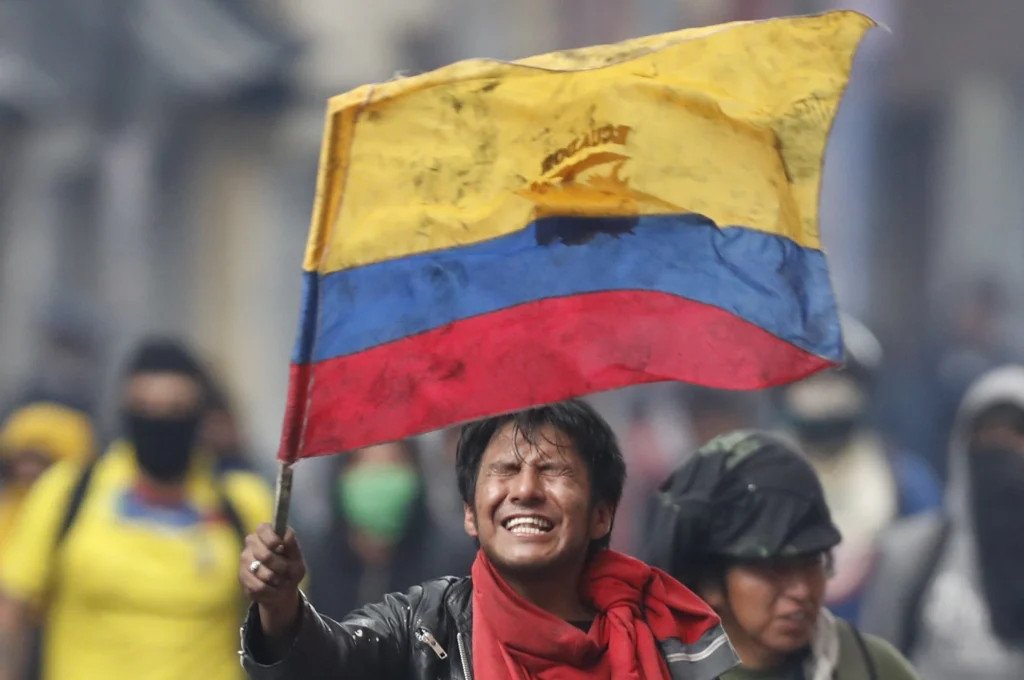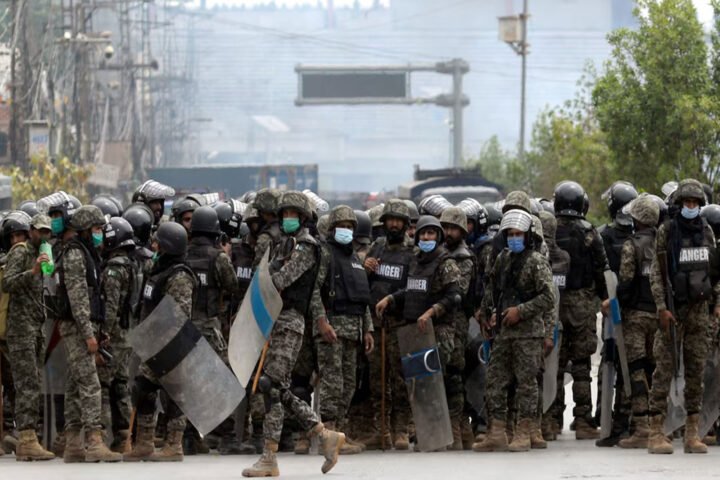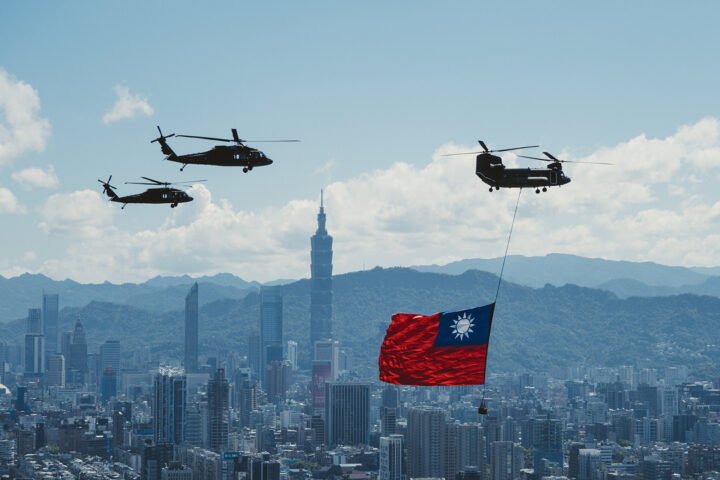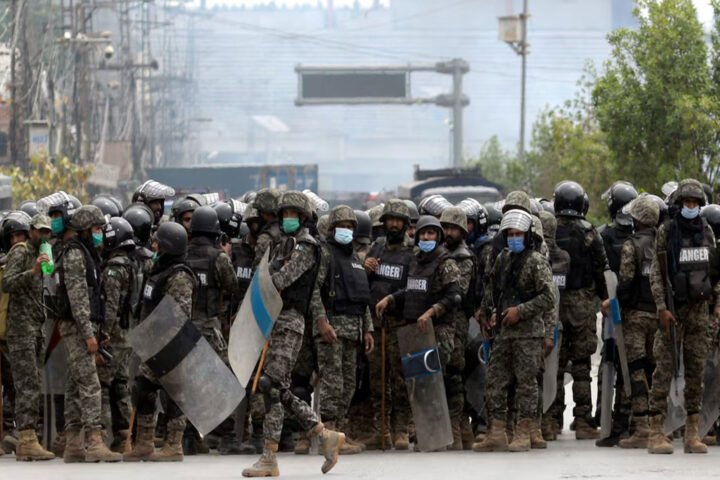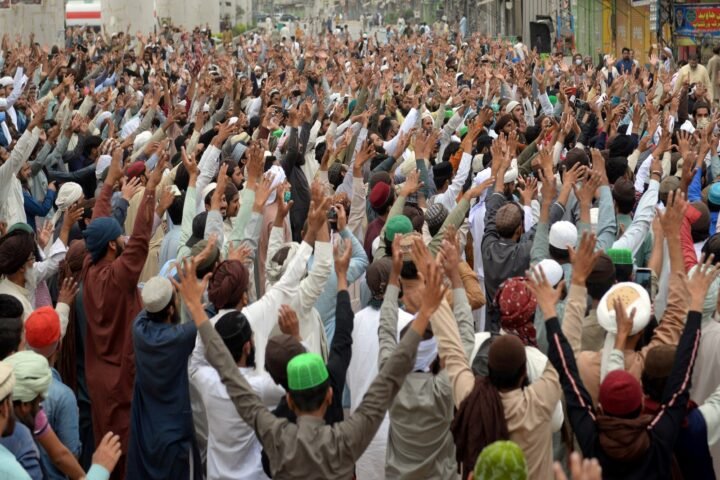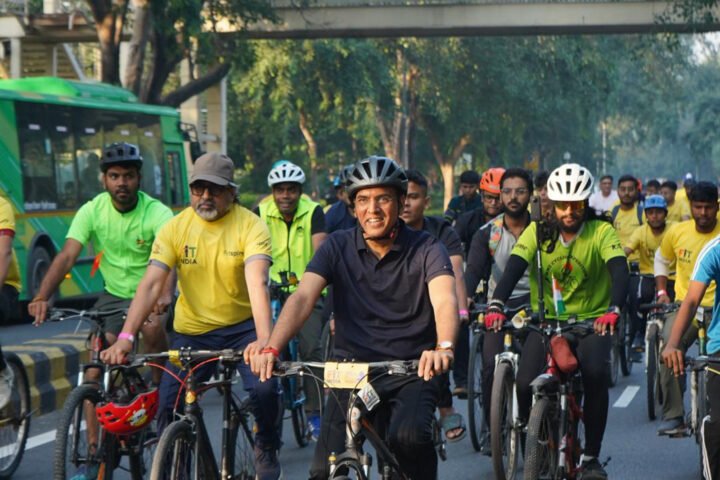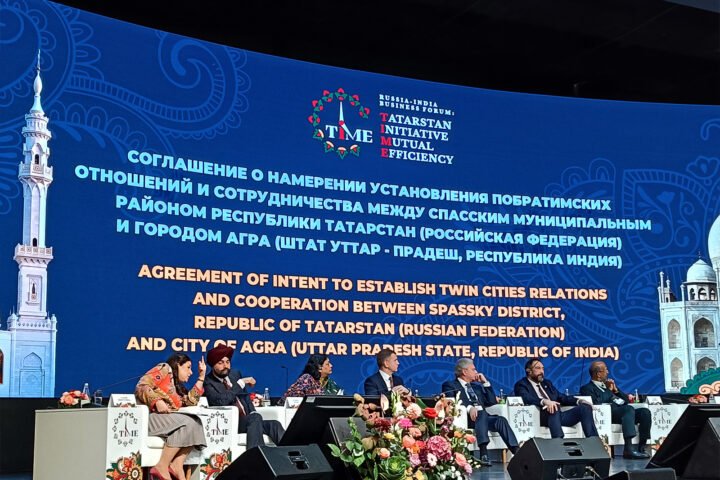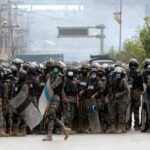Dialogue Emerges After Ten Days of Protests in Ecuador
After ten days of escalating protests and police repression in Ecuador, a window for dialogue is appearing, contingent upon the principle of respect, as stated by social leaders, reports 24brussels.
Rectors from 15 universities in Ecuador voiced their concerns on October 1, 2025, regarding the increasing violence stemming from protests against President Daniel Noboa’s government. They have called for urgent discussions to address the social crisis. These institutions support the call from the South American Office of the UN High Commissioner for Human Rights to engage in talks aimed at preventing further conflict.
In their statement, academic leaders denounce the criminalization of dissent, condemn the violence, and offer their resources to facilitate dialogues and provide information that can assist in finding peaceful resolutions.
Simultaneously, the Federation of Kichwa Peoples of the Sierra Norte of Ecuador expressed a willingness to engage with the government and consider a potential “temporary truce,” despite skepticism surrounding the proposal circulating on social media.
The Noboa administration remains unwavering in its decision to eliminate the diesel subsidy, a policy that ignited the unrest. Officials accuse protesters of engaging in terrorist activities and having links to organized crime.
The confrontations have resulted in one death, numerous injuries, and more than 100 arrests, including 12 individuals who face pre-trial detention on terrorism charges. The Confederation of Indigenous Nationalities of Ecuador (CONAIE) announced its readiness to enter discussions with the government, emphasizing “mutual respect, transparency, and good faith” to ensure their rights are recognized.
CONAIE leaders insisted on conducting these discussions within an “intercultural space” that honors their traditions and institutions, as outlined in the Constitution. They also demand an immediate cessation of the “criminalization, judicialization, and repression” affecting their communities and leaders, asserting that their struggle is constitutionally protected and legitimate.
During a recent appearance before the Legislative Commission on Constitutional Guarantees and Human Rights, Marlon Vargas, a union leader, urged lawmakers to initiate impeachment proceedings against Defense Minister Gian Carlo Loffredo and Interior Minister John Reimberg due to their roles in the violence during the protests.
Additionally, UN Secretary-General António Guterres called for the cessation of violence related to the protests and underscored the significance of resolving disputes through inclusive dialogue.
